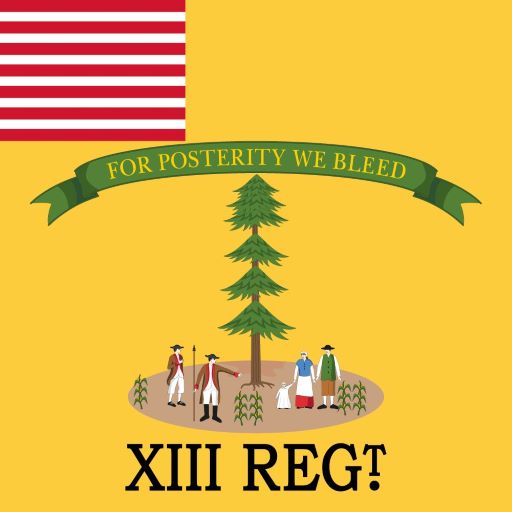The Cornfield meticulously tracks the service of the both the 6th Louisiana and 13th Massachusetts from enlistment to Antietam. Its accuracy is thanks to the work of many historians, including authors of the regimental histories. Although a work of fiction, many of the anecdotes and stories recounted were inspired by true stories, taken from the diaries, letters, and recollections of the war’s participants. Many are especially enlightening and rich in detail. One should note the overlap in engagements with the 6th Louisiana after Antietam.
Both regiments continued hard service for the remainder of the war. The 13th Massachusetts fought at Fredericksburg, Virginia, in December 1862, being one of the first to cross the Rappahannock River. In January 1863, it was one of the units in the pitiful “Mud March” north of the river; assisted in the unsuccessful crossing of the river at Fitzhugh’s forest in April; and crossed the river in May west of Fredericksburg before the Union disaster at Chancellorsville. At Gettysburg in Pennsylvania in July, the regiment fought at the northern edge of Seminary Ridge on the first day, supported the batteries on Cemetery Hill on the second day, and supported the center at Cemetery Ridge on the third day. Late in the year it fought in the Bristoe Campaign and the Mine Run.
In 1864, the 13th Massachusetts fought at The Wilderness and Spotsylvania Court House in May and Cold Harbor in June, participating in the Union army’s major offensive led by General Ulysses S. Grant. In late June, the regiment went to the trenches of Petersburg, Virginia, and fought multiple assaults on Rebel positions.
The men of the 13th Massachusetts enlisted for a term of three years or the duration of the war, whichever was shorter. The men no doubt assumed the enlistment, and the war, would last less than three years. But the three years expired in July 1864. The remaining men of the 13th left the trenches of Petersburg. They marched to the James River, boarded a steamer to Washington, and trains before arriving in Boston on the 21st. The regiment mustered out of the army on August 1, 1864.
Over 1,000 men enlisted in 1861. 273 mustered out in 1864. The rest killed, in action or by disease; wounded and diseased and discharged as a result; or deserted. The few men who enlisted later in 1861, and thus had yet to complete three years of service, transferred to the 39th Massachusetts Volunteers.
The flag at the top of the page is the regimental flag of the 13th Massachusetts Volunteers.
